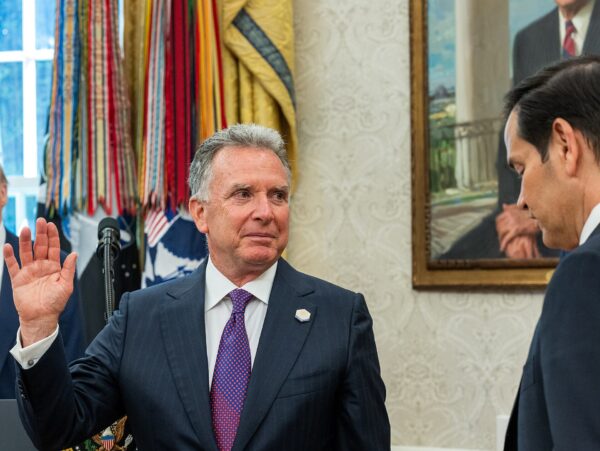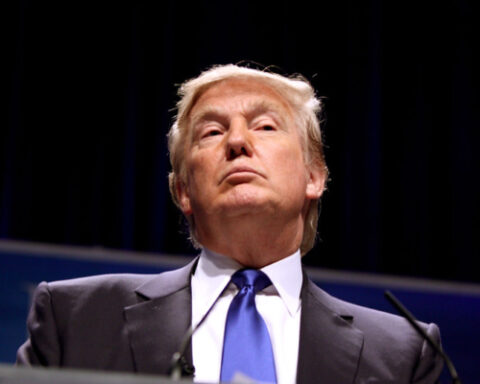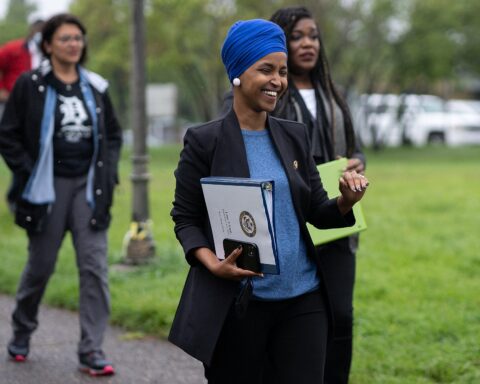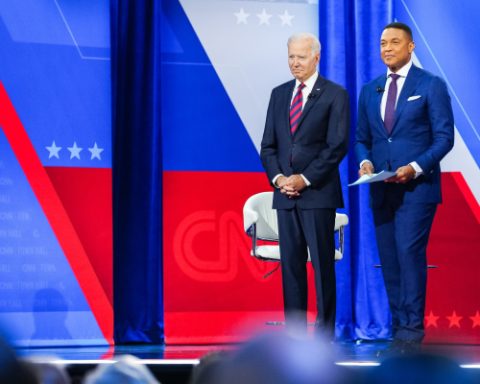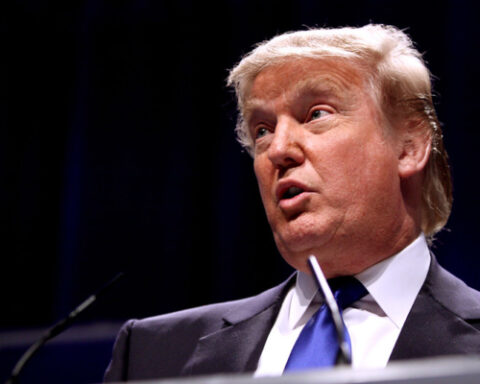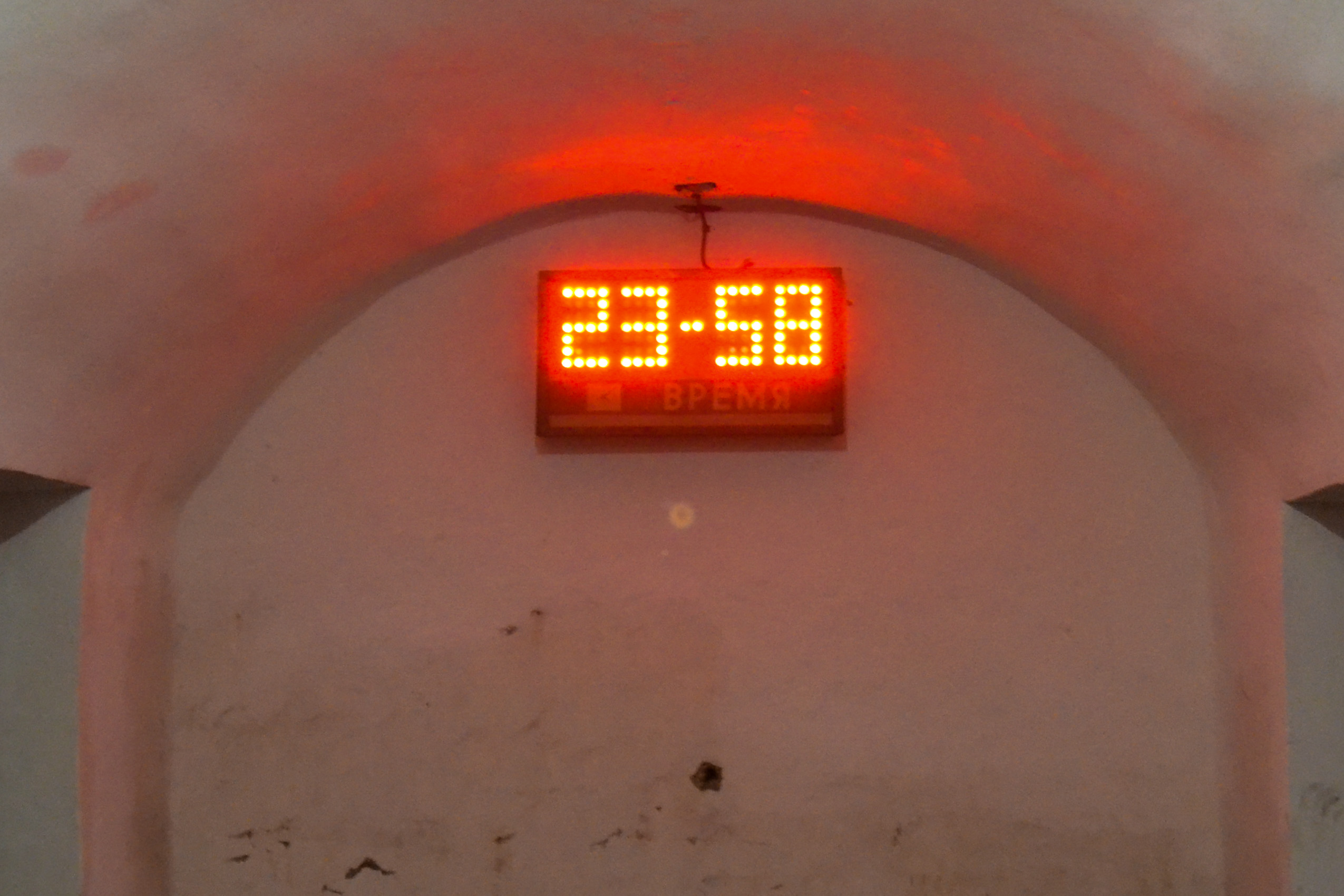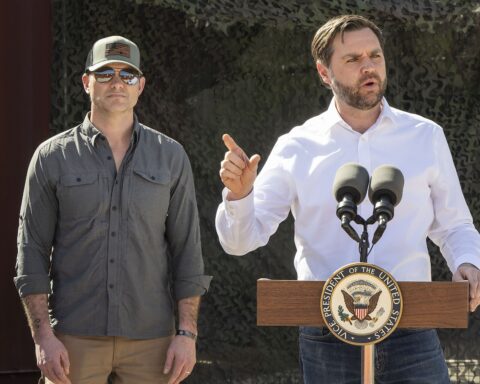Jared Kushner, senior adviser and son-in-law to President Donald J. Trump, said Sunday that the president believed Israel had gone “a little bit out of control” when it launched a missile strike in Qatar last month that killed several people, including a Qatari security official.
The strike, which targeted senior Hamas figures, occurred on September 9 in Doha’s Katara District and threatened to derail ongoing peace negotiations between Israel and Hamas.
Kushner, who is serving as one of the administration’s lead negotiators alongside U.S. Special Envoy to the Middle East Steve Witkoff, made the comments during an interview addressing the status of the Gaza peace deal. “I think he felt like the Israelis were getting a little bit out of control,” Kushner said when asked about reports that President Trump was “furious” with Israel over the strike. “It was time to be very strong and stop them from doing things that he felt were not in their long-term interests.”
The remarks offered a rare window into tensions between Washington and Jerusalem at a sensitive moment in Middle East diplomacy.
While President Trump has long been one of Israel’s most staunch defenders, his administration has also sought to position the United States as a broker capable of keeping both sides of the conflict at the negotiating table.
Witkoff, who joined Kushner for the interview, underscored that Qatar—a close U.S. ally and host to one of America’s largest military bases in the region—had played a vital role in facilitating indirect talks between Israel and Hamas. The Israeli strike, he said, undercut those efforts and rattled confidence among Qatari officials. “We felt a little bit betrayed,” Witkoff said, referring to the sudden escalation.
In late September, reports surfaced that during a White House meeting, President Trump personally arranged for Israeli Prime Minister Benjamin Netanyahu to call Qatari Prime Minister Mohammed bin Abdulrahman bin Jassim Al Thani to apologize for the incident. The gesture, according to officials familiar with the exchange, was meant to calm tensions and preserve the fragile framework for ongoing peace discussions.
Witkoff added that the president had not been informed of Israel’s plans in advance, a point disputed by some Israeli officials who claimed Trump was briefed hours before the operation but chose not to intervene. “We were as surprised as anyone,” Witkoff maintained.
For Trump, the episode represented a balancing act—defending Israel’s right to self-defense while warning against actions that could undermine broader U.S. strategic interests in the region.
Kushner’s comments reflected that tension, suggesting that the president’s criticism stemmed not from opposition to Israel’s goals but from frustration that the strike had jeopardized months of painstaking diplomatic progress.
As the Gaza peace process moves forward, the incident underscores the complex nature of Trump’s Middle East strategy: a blend of fierce loyalty to Israel, skepticism toward long-standing alliances that fail to produce results, and an insistence that even America’s closest partners must act with restraint when U.S. interests—and global stability—are on the line.
[READ MORE: ‘No Kings’ Organizer Brags About Antifa Presence at Event]

